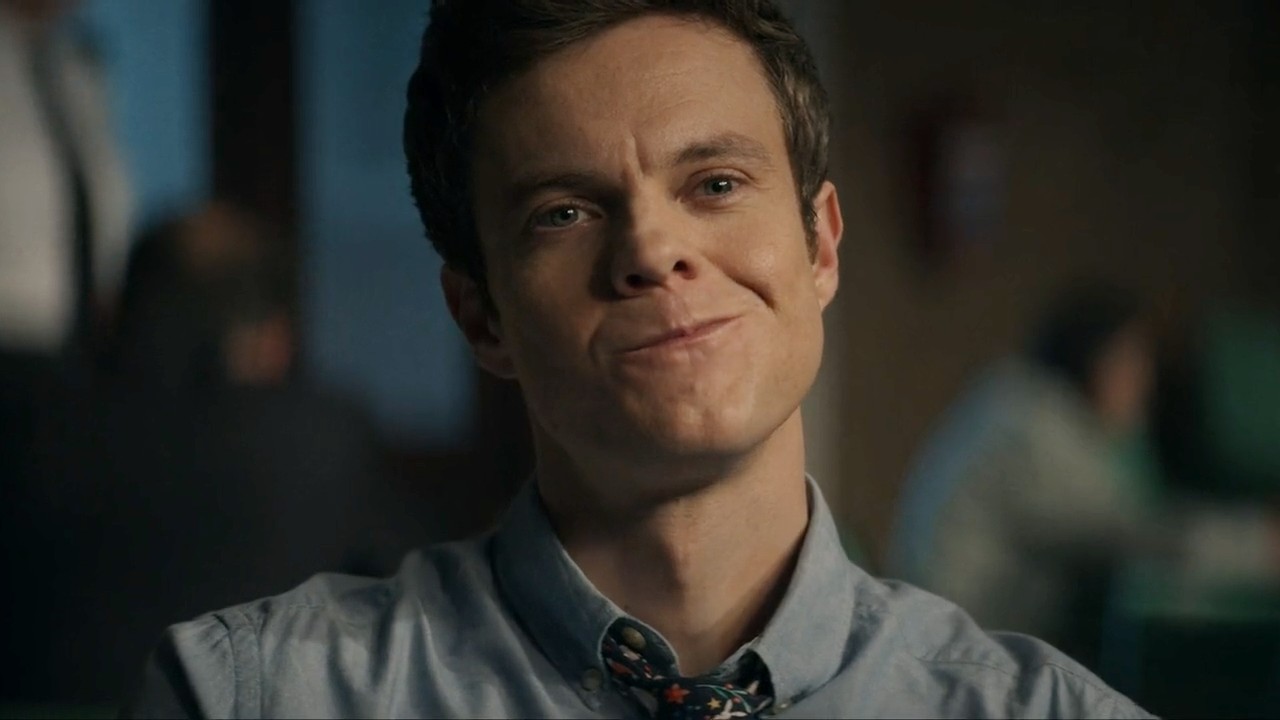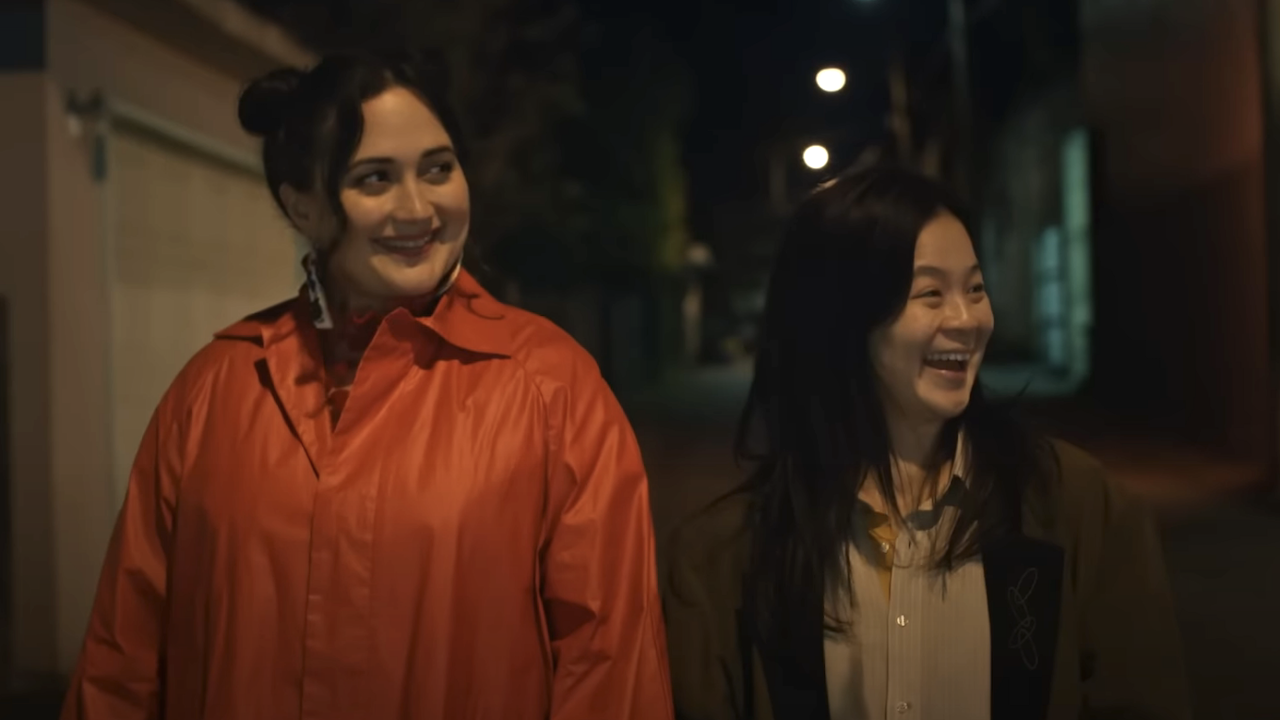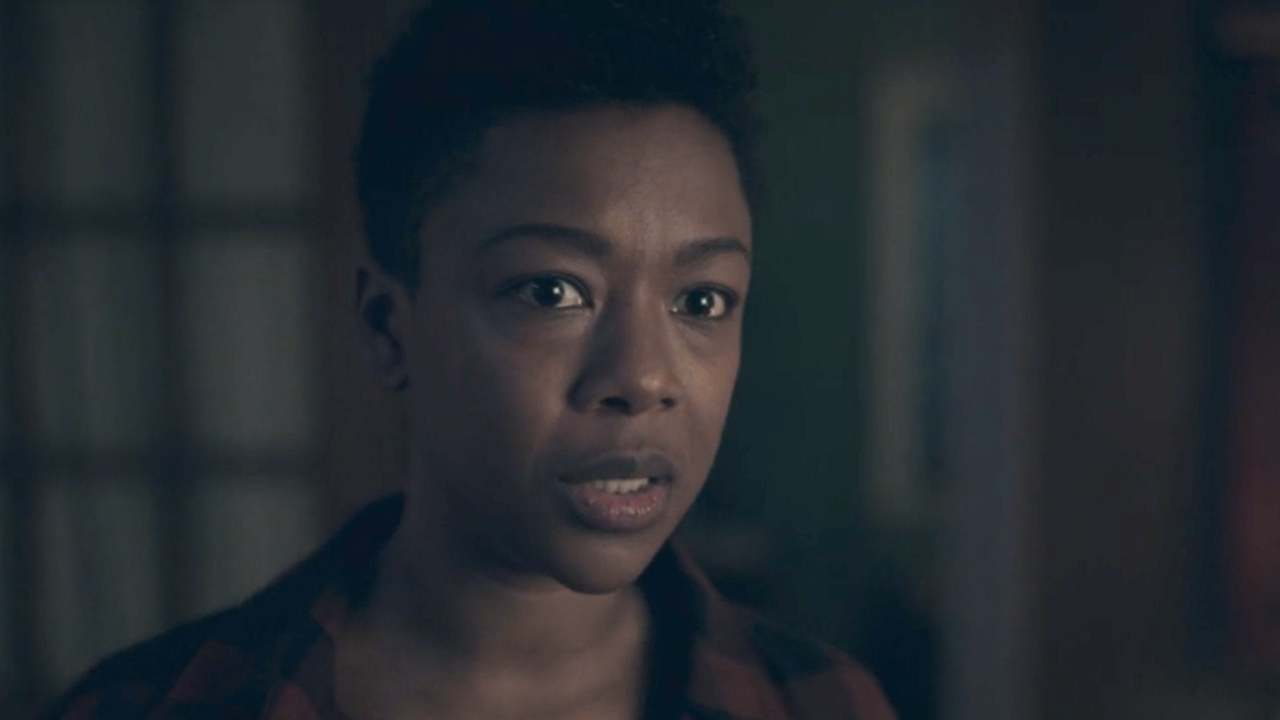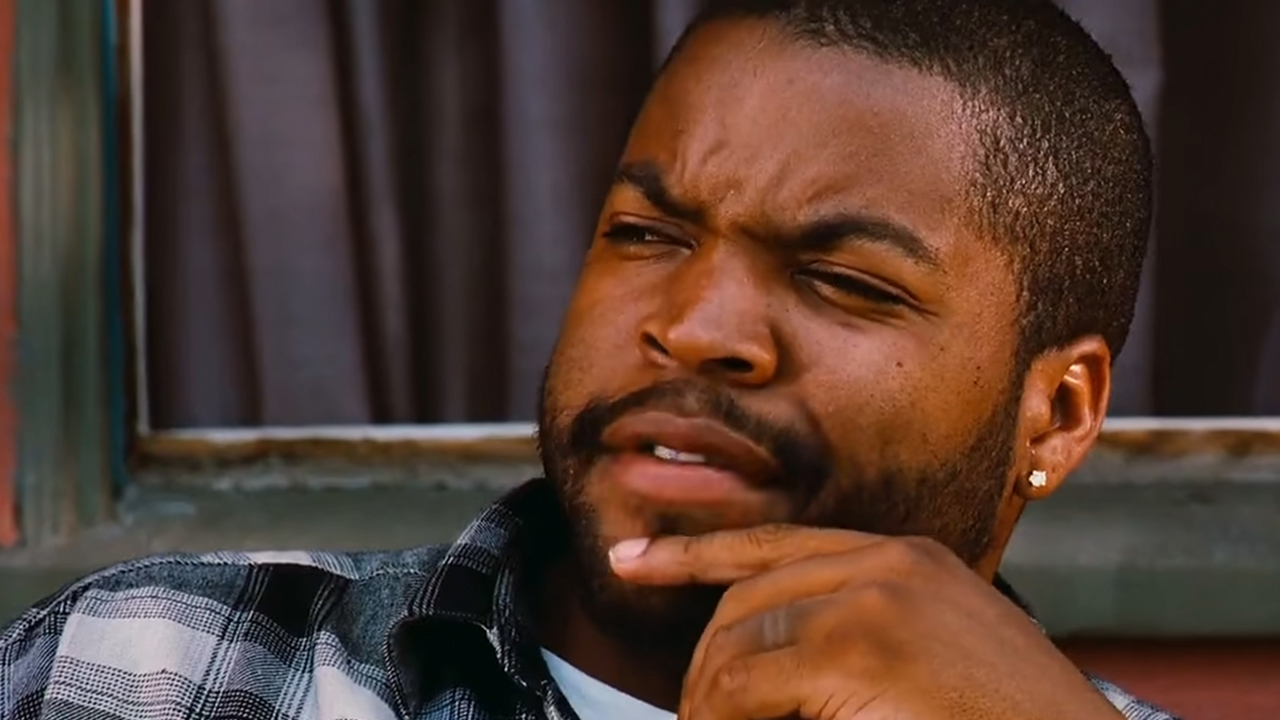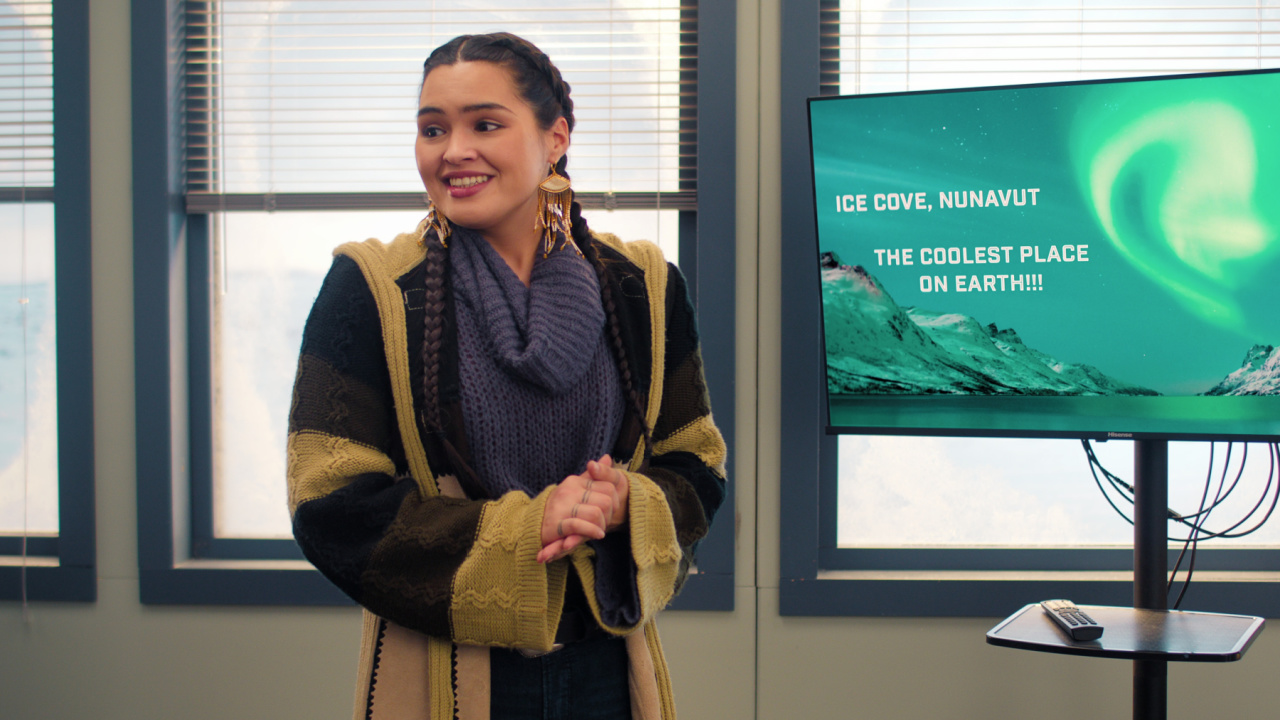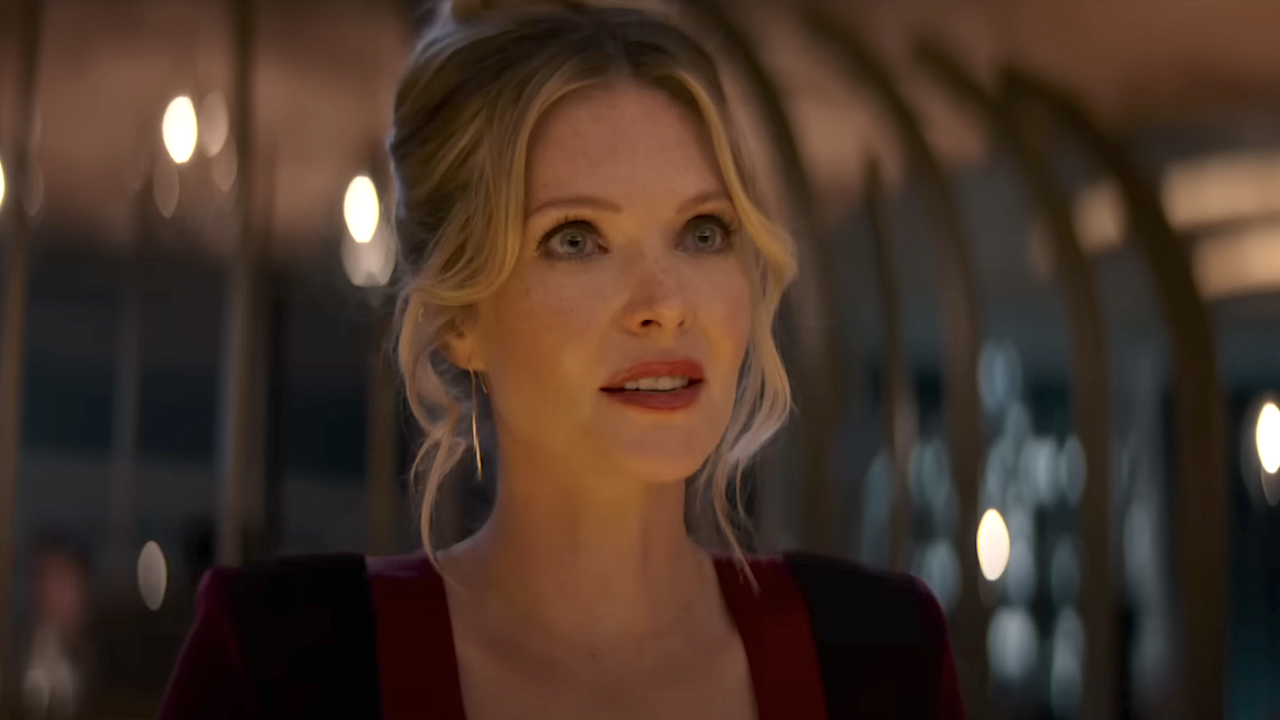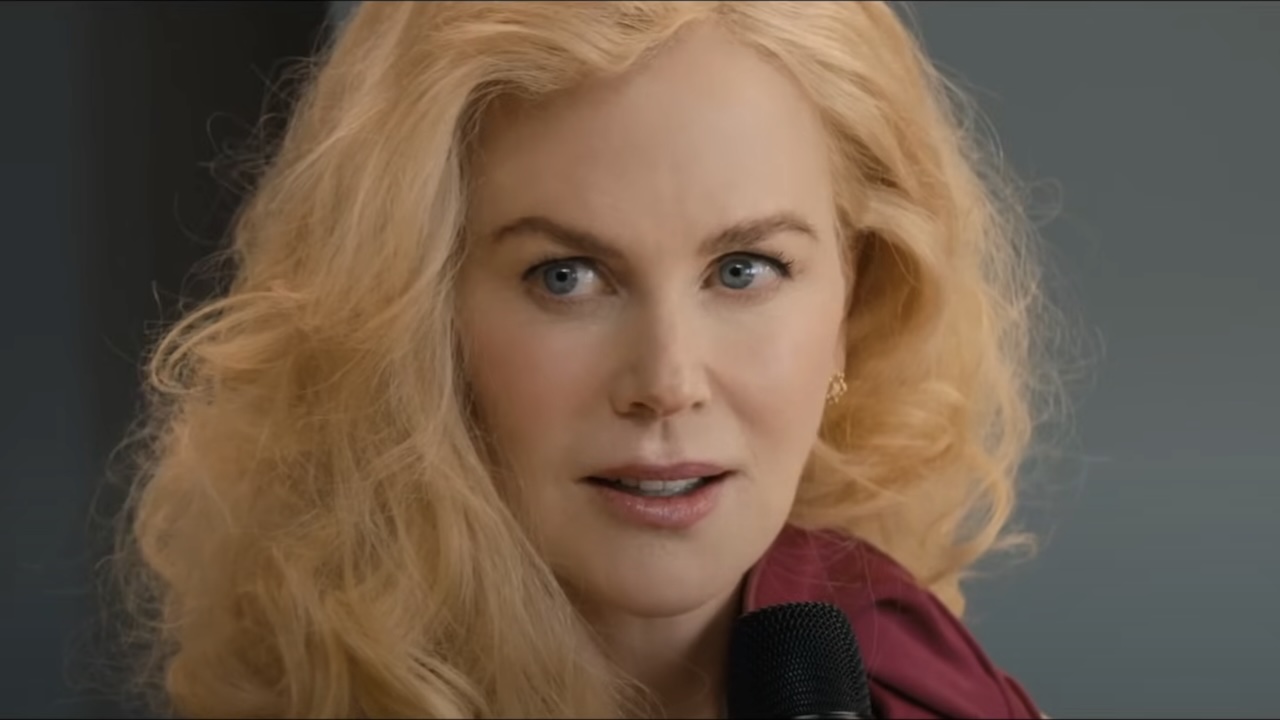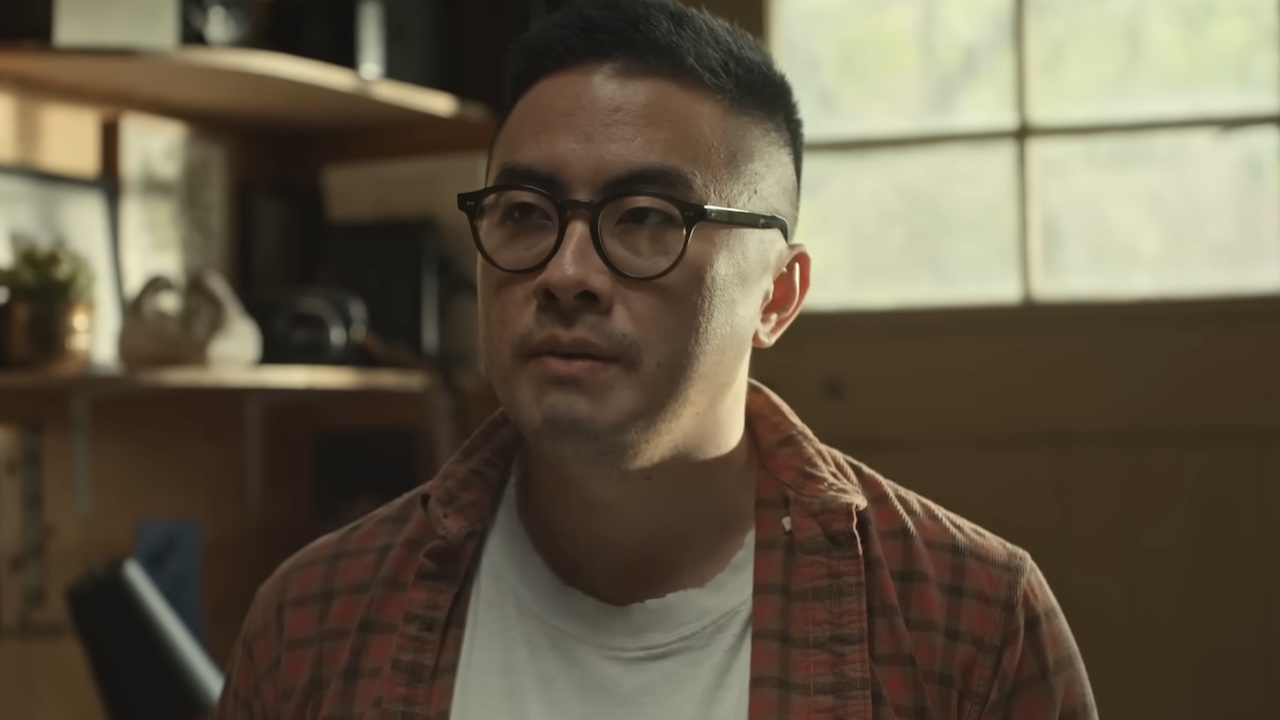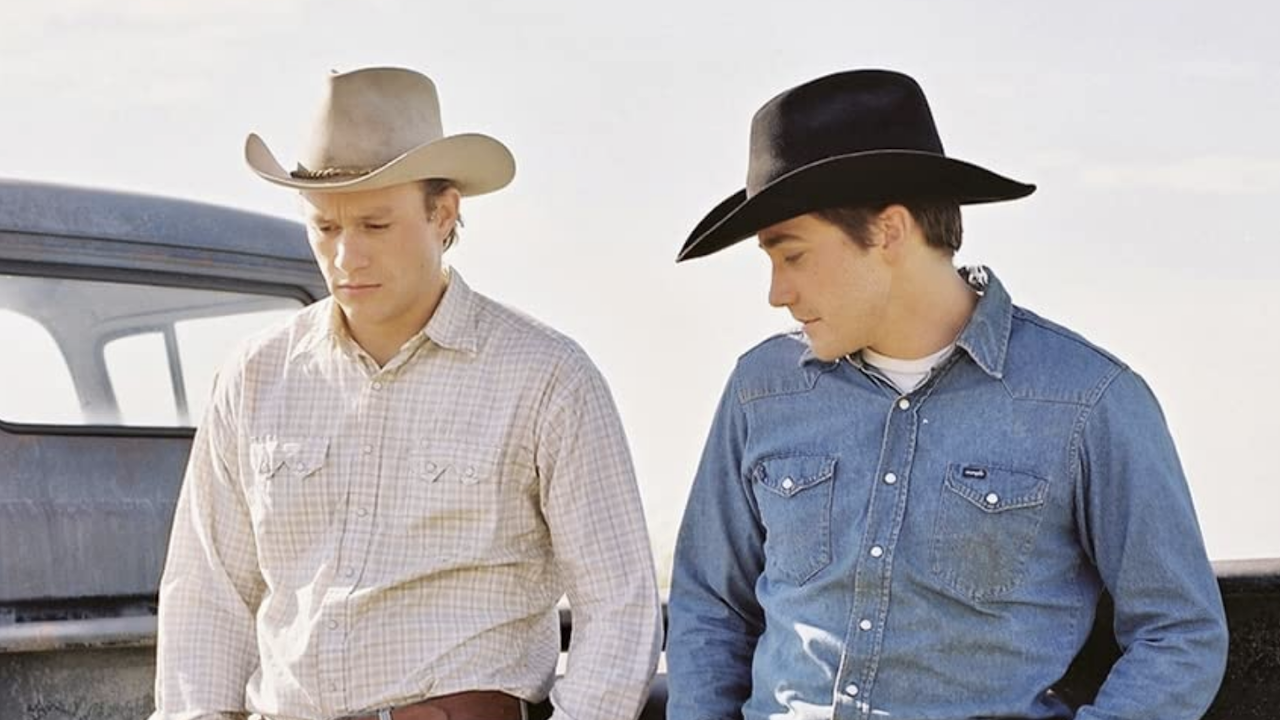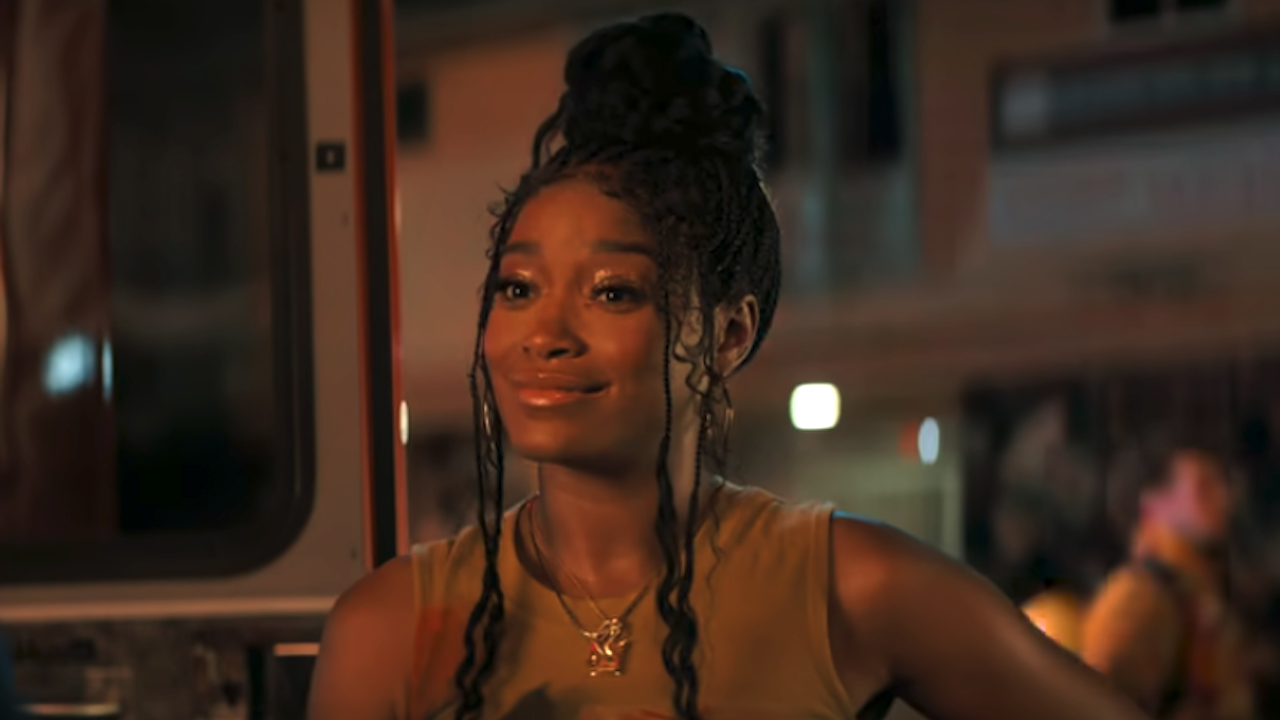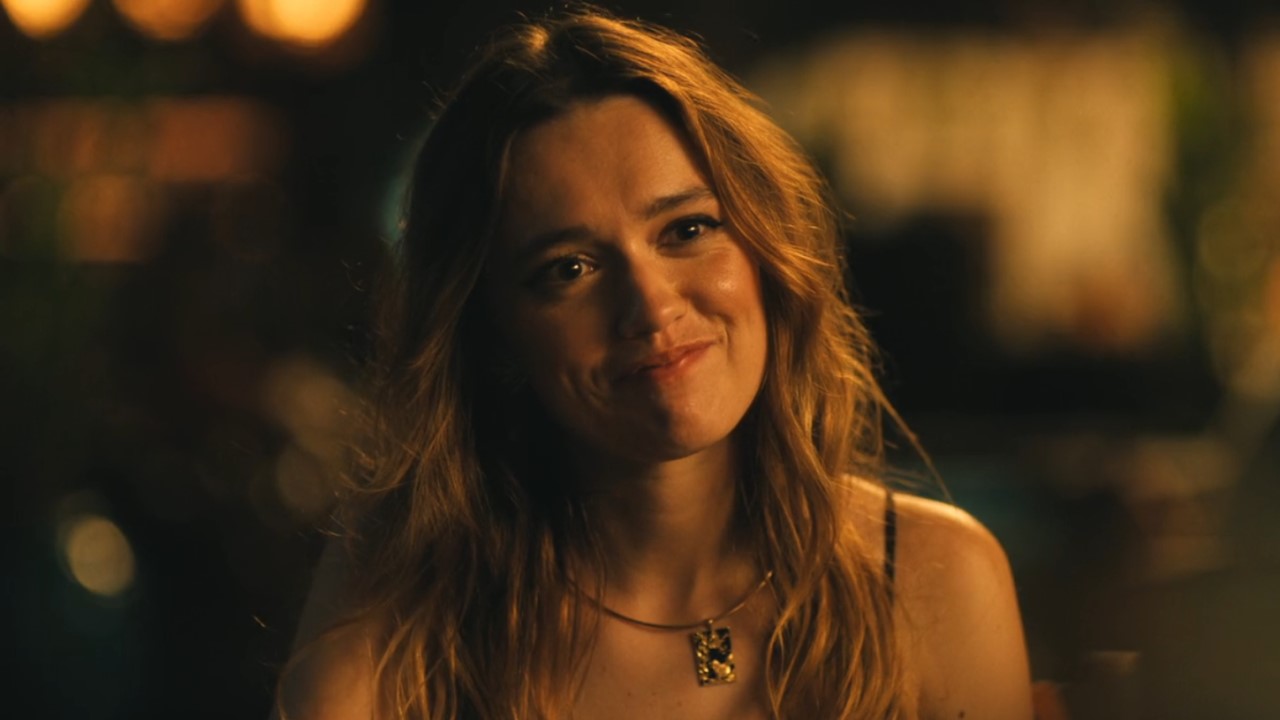New Study Finds Representation Of The Disabled In Movies And TV Are Leaving Audiences Very 'Unsatisfied'
Check out the findings.
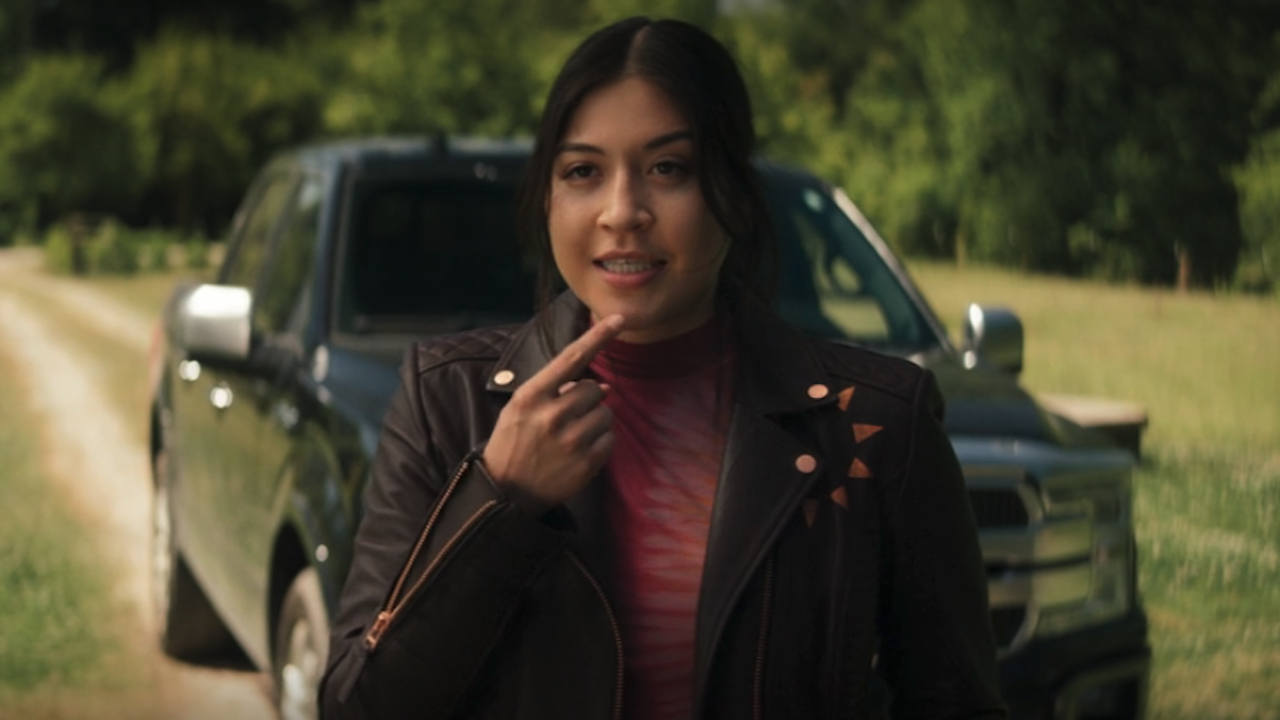
So far this year, we’ve seen some notable representation for the disabled and those with mental health conditions. Marvel’s Echo put deaf star Alaqua Cox front and center and has her go full force in action scenes as an amputee with a prosthetic leg. Max’s Turtles All The Way Down authentically portrays a mental illness (OCD). But per a recent study, a majority of people are unhappy with how Hollywood handles these topics (or how it doesn’t all together).
What A New Study Found Out About DisabilityAnd Mental Health Representation
July is Disability Pride Month, and the Inevitable Foundation, which is a non-profit that gives to disabled writers and filmmakers in an effort to destigmatize disability and mental health, decided to poll 1,000 people (half of them are disabled, half of them are not) about their thoughts on these topics being represented in movies and television. Inevitable Foundation’s Study found that 66 percent of those who participated are “unsatisfied” with how disability and mental health are currently represented on big screens and small screens alike.
As the study notes, 15 percent of the global population are disabled (that’s one billion people), and when it comes to TV viewing, disabled audiences are watching more content than non-disabled audiences. However, as the numbers show, people who are disabled are feeling rather underrepresented in movies and television.
The results also show that close to half of audiences (both disabled and non disabled) “frequently discuss or share” content that has authentic representation regarding disabled characters or those with mental health conditions. As the findings suggest, there’s a massive audience readily available and ready to consume both TV and movies about mental illness and content putting a spotlight on disabilities.
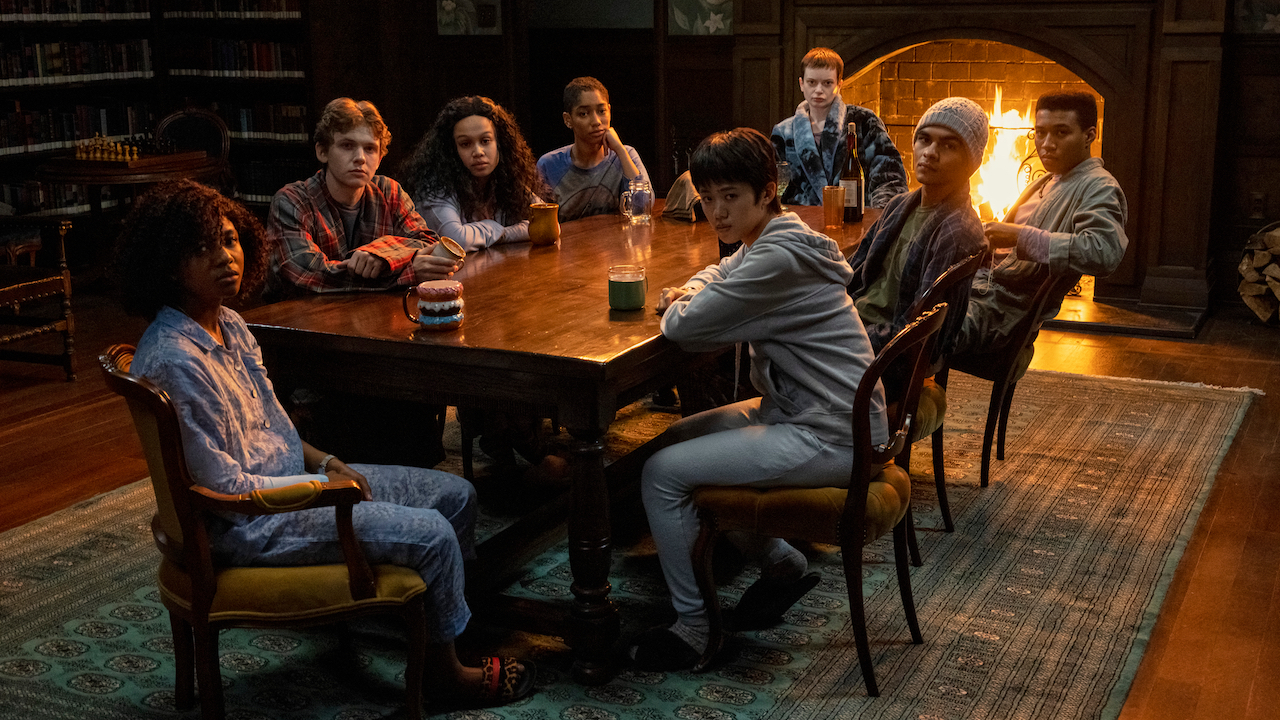
Recent Examples Of Disability And Mental Illness To Check Out
When it comes to 2024 movies that talk about these topics at the forefront, there’s not a lot to go on from what we can tell. One high-profile film we can highlight on the horizon is Wicked, which cast an actual wheelchair user, Marissa Bode, to play one of the main characters, Nessarose. Last year, the sports comedy Champions recruited a team of actors with a range of developmental disabilities to work alongside Woody Harrelson. Additionally, back in 2022, CODA was a big winner at the Oscars – the movie starring multiple deaf actors playing deaf characters.
There’s more to be found on streaming. Those with a Netflix subscription will even find that the platform has a “Celebrating Disability with Dimension” section that features movies and TV shows like Atypical, All The Light We Cannot See, Love On The Spectrum and The Midnight Club. (All of which are Netflix originals with authentic representation). Here’s hoping studies and work such as this one highlights to studios that there’s a greater hunger for more stories about these topics, which are common, but not always discussed well in the media.
CINEMABLEND NEWSLETTER
Your Daily Blend of Entertainment News

Sarah El-Mahmoud has been with CinemaBlend since 2018 after graduating from Cal State Fullerton with a degree in Journalism. In college, she was the Managing Editor of the award-winning college paper, The Daily Titan, where she specialized in writing/editing long-form features, profiles and arts & entertainment coverage, including her first run-in with movie reporting, with a phone interview with Guillermo del Toro for Best Picture winner, The Shape of Water. Now she's into covering YA television and movies, and plenty of horror. Word webslinger. All her writing should be read in Sarah Connor’s Terminator 2 voice over.
'But She Is Dead.' Jennifer Kaytin Robinson Gets Real About The I Know What You Did Last Summer Conversation She Had With Sarah Michelle Gellar About Coming Back
‘He’s Looking At No Shoes In His Closet.’ Ben Affleck Explains Why He Drew A Hard Line When It Came To Buying His Kid $6,000 Shoes
